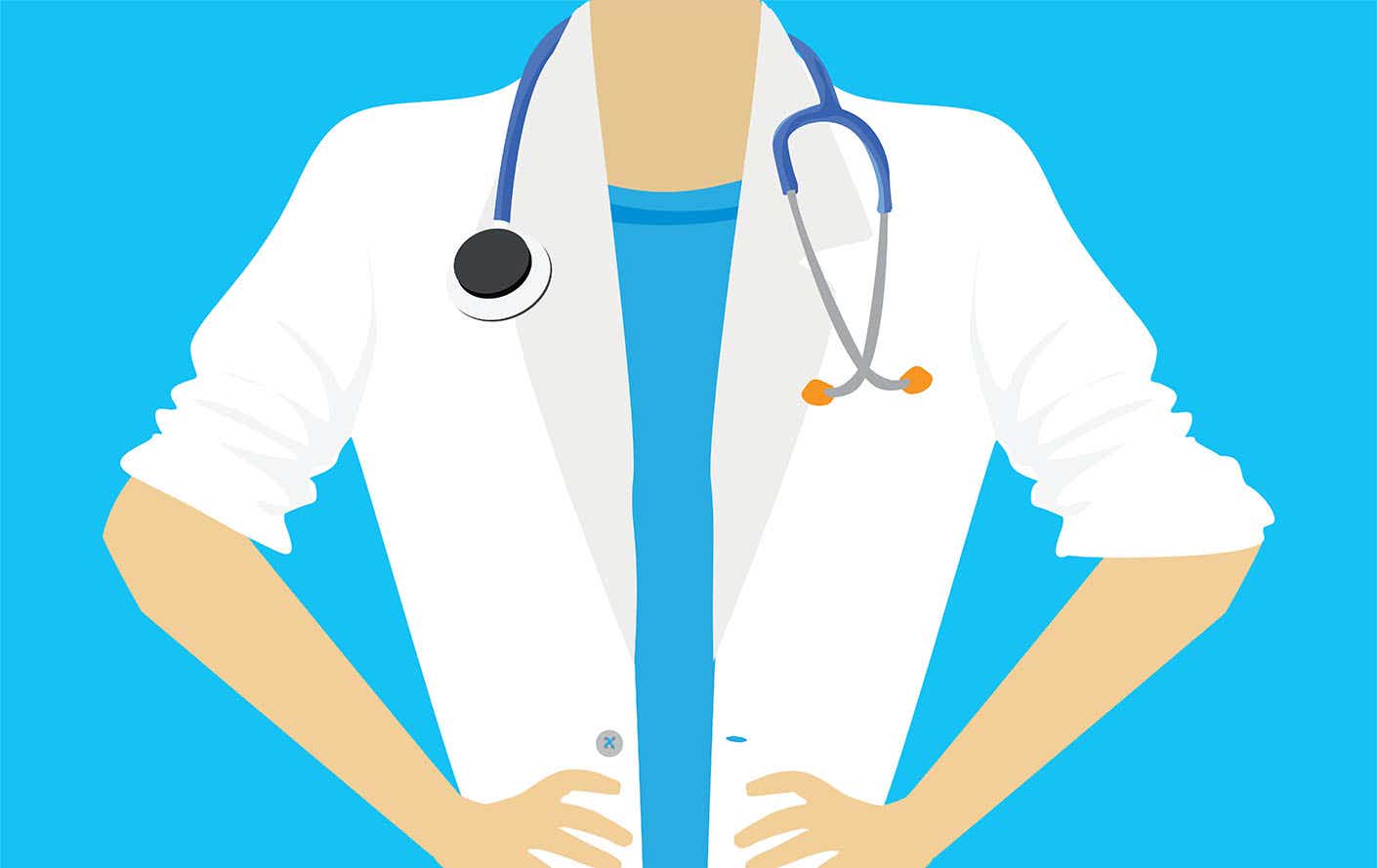Should women be doing self breast-exams each month? Dr. Rebecca Brightman, our resident women’s health, says yes. She explains how to perform one by thinking of each breast as a pie and why self exams are particularly important for younger women.
Dr. Brightman: I am a believer that women should give themselves breast exams once a month, although some prominent breast surgeons have gone on the record saying don’t do them. After your period is the best time to do it. Of course, not all women get a period — either they’re beyond reproductive age, they take continuous birth control pills, or they have a hormone-containing IUD that causes them not to menstruate. If you’re in this group, do a self-exam around the same time each month.
Know what your breasts feel like, so if you stumble across something that doesn’t seem right or feels new, you can bring it to your clinician’s attention. Young women in particular have lumpy, bumpy breasts, and that’s ok. That’s normal! However, aggressive breast cancers can occur in young women who are not yet having mammograms. Because young women tend to have dense breasts, mammography is less sensitive than it is in older women. We lose breast density with age. For women who have very dense breasts, consider a breast ultrasound. If I felt something in a 30-year-old, I would likely give her an ultrasound first, rather than a mammogram.
The best time to do a self exam is in the shower. I usually tell my patients: imagine the breast is a pie. Using the pads of your fingers in a circular motion, working from the outside of the breast towards the nipple, you want to examine each segment of that pie. You should also squeeze the nipple to make sure there’s no nipple discharge. Then repeat this exercise under your armpits, because underarms also contain breast tissue and lymph nodes.
When it comes down to it, this exercise is really just about knowing your body. If you know your breasts, what they feel like, what they look like, then you’re going to be able to say, “that’s new,” or “that wasn’t there last month.” Don’t be afraid to know your own anatomy.
Dr. Rebecca Brightman is an assistant clinical professor of Obstetrics, Gynecology, and Reproductive Sciences at the Icahn School of Medicine at Mount Sinai. Dr. Brightman is also a certified provider with the North American Menopause Society.









